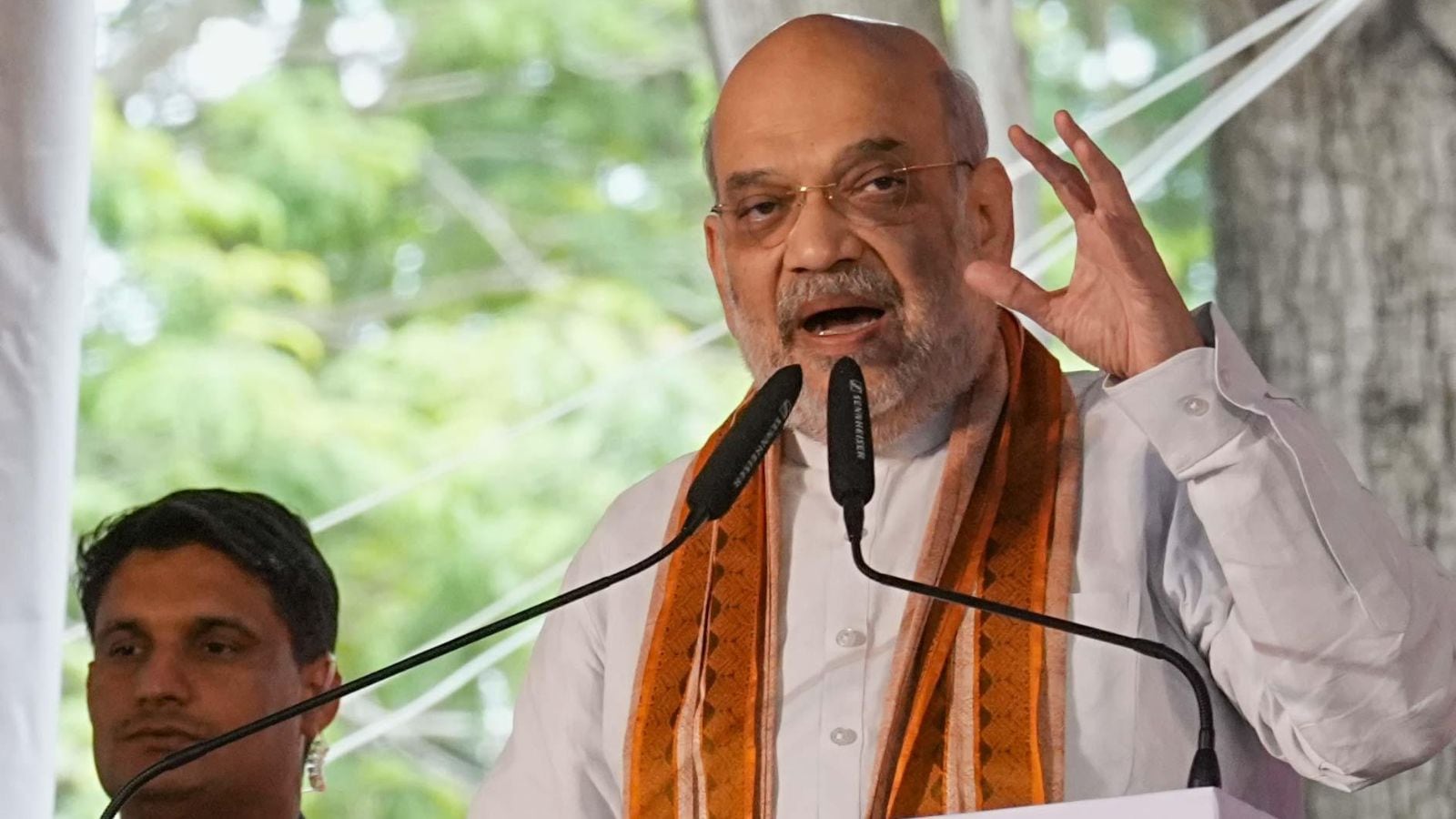Why Kenya must build a culture of healthy borrowing

Walk through any street in Nairobi, scroll through your phone, or ride a matatu, and you’ll be offered a loan. It will come fast, with minimal questions — sometimes faster than you can reflect on whether you need it. That’s the paradox of our time: Credit is everywhere, but financial clarity is hard to find.
Borrowing, in itself, is not the enemy. Across the world, credit enables growth — it fuels business expansion, pays for education, helps households manage cash flow, and acts as a bridge during tough seasons. The real issue in Kenya is not access to credit. It is how we, as a society, understand and engage with it.
In recent years, Kenya has cultivated an environment of reactive borrowing. Many people borrow under pressure — to respond to emergencies, close financial gaps, or meet social obligations. Often, they do so without full awareness of the terms, the risks, or the longer-term impact on their financial health. The result is not just over-indebtedness; it is stress, silence, and sometimes, shame.
We need to shift the narrative from borrowing for survival to borrowing with intention. This is what we call healthy borrowing.
Healthy borrowing begins with purpose. Why am I borrowing? What do I hope to achieve, and how will I repay it — not just in theory, but in practice? It continues with transparency — clear, accessible loan terms and fair treatment from lenders. And it ends with growth — where a loan strengthens the borrower’s financial position, not weakens it.
But creating a culture of healthy borrowing is not a one-person task. It requires effort on all sides.
As lenders, we must stop evaluating success solely by disbursement volumes. We must start asking harder questions: Are we lending responsibly? Are our contracts understandable? Do we explain repayment timelines and interest obligations in ways that don’t just tick a compliance box, but actually build trust?
Regulators, too, have a role to play. We need stronger consumer protection standards, especially in the digital lending space where predatory practices can hide behind convenience. Standardising loan disclosures and enforcing ethical recovery practices are key steps toward restoring public trust in credit.
On the side of borrowers, we need to foster reflection. Taking a loan should feel like entering a relationship — with terms, trust, and mutual responsibility. It is not a quick fix. It is a financial commitment. Asking “do I understand this loan fully?” should become as natural as asking “how much am I receiving?”
Most importantly, we need to invest in financial literacy that is widespread, practical, and sustained. Young people should graduate understanding compound interest, risk profiling, and the true cost of borrowing — not just exam formulas. Adults should feel empowered to ask questions, seek advice, and walk away from loans that don’t align with their realities.
Credit is not just about capital. It’s about relationships, integrity, and dignity. If people fear loans, hide their debts, or feel trapped by repayments, then something is broken — not in the borrower, but in the system.
A financially resilient nation is not built on how quickly it can access money. It is built on how wisely that money is used, and how confidently its people can navigate borrowing and repayment. Kenya doesn’t need fewer loans. It needs more intentional ones. More transparent ones. More human ones.
That’s the real challenge. And that’s the future we must begin to build — together.
Stay informed. Subscribe to our newsletter
You may also like...
Diddy's Legal Troubles & Racketeering Trial

Music mogul Sean 'Diddy' Combs was acquitted of sex trafficking and racketeering charges but convicted on transportation...
Thomas Partey Faces Rape & Sexual Assault Charges

Former Arsenal midfielder Thomas Partey has been formally charged with multiple counts of rape and sexual assault by UK ...
Nigeria Universities Changes Admission Policies

JAMB has clarified its admission policies, rectifying a student's status, reiterating the necessity of its Central Admis...
Ghana's Economic Reforms & Gold Sector Initiatives

Ghana is undertaking a comprehensive economic overhaul with President John Dramani Mahama's 24-Hour Economy and Accelera...
WAFCON 2024 African Women's Football Tournament

The 2024 Women's Africa Cup of Nations opened with thrilling matches, seeing Nigeria's Super Falcons secure a dominant 3...
Emergence & Dynamics of Nigeria's ADC Coalition

A new opposition coalition, led by the African Democratic Congress (ADC), is emerging to challenge President Bola Ahmed ...
Demise of Olubadan of Ibadanland
Oba Owolabi Olakulehin, the 43rd Olubadan of Ibadanland, has died at 90, concluding a life of distinguished service in t...
Death of Nigerian Goalkeeping Legend Peter Rufai

Nigerian football mourns the death of legendary Super Eagles goalkeeper Peter Rufai, who passed away at 61. Known as 'Do...




